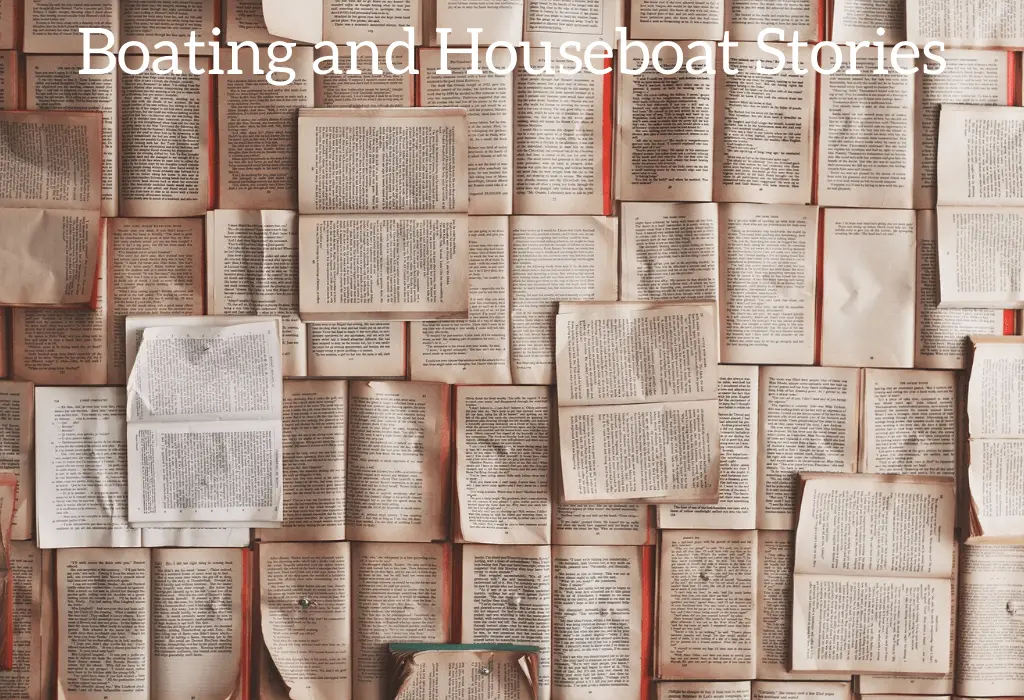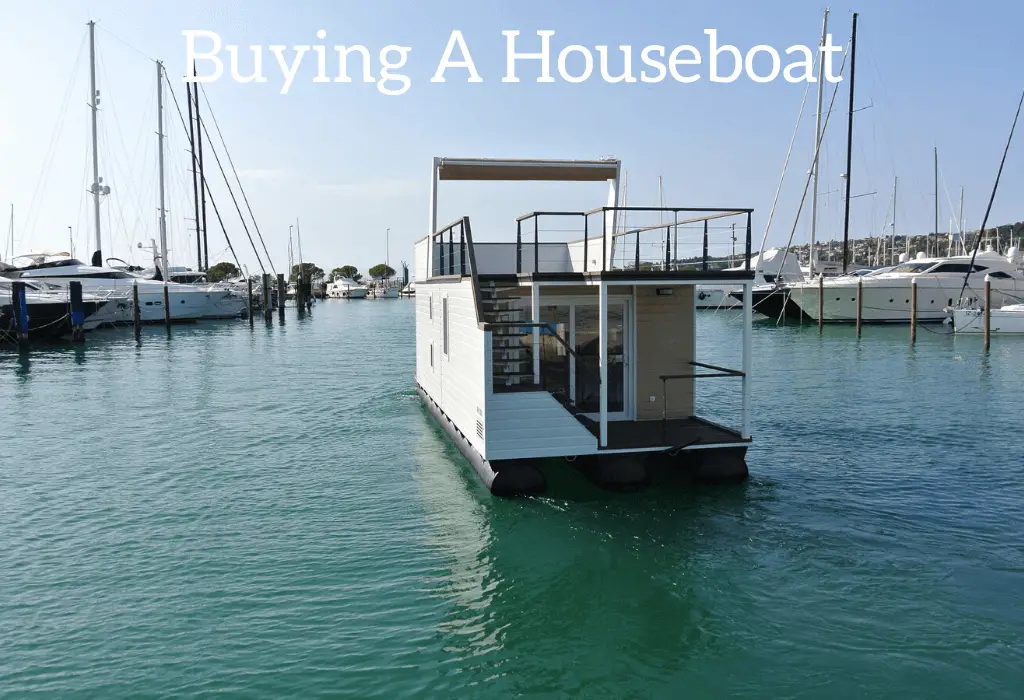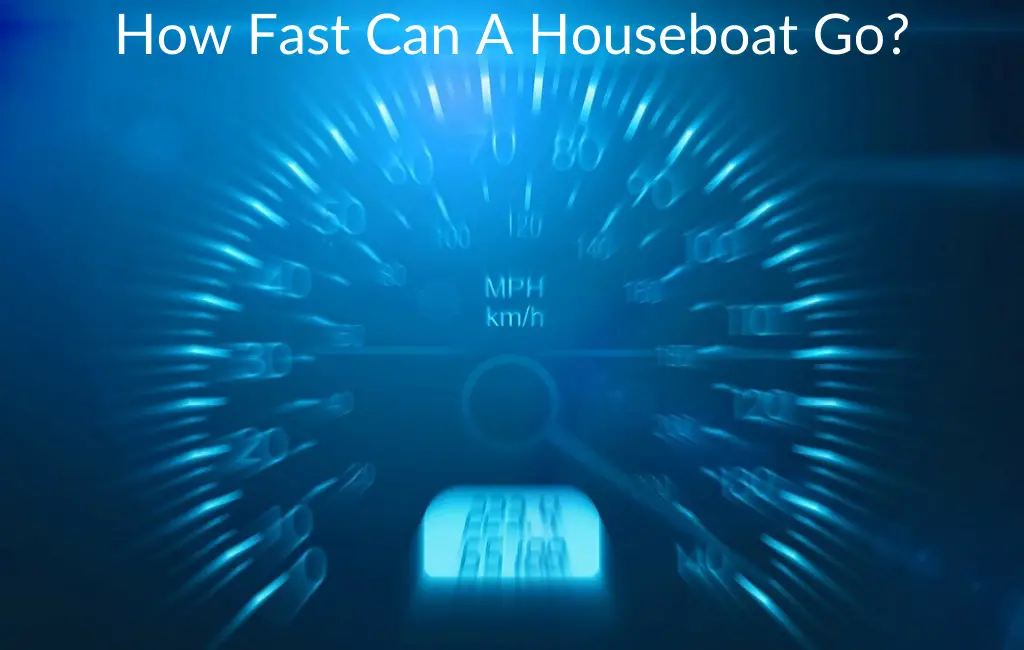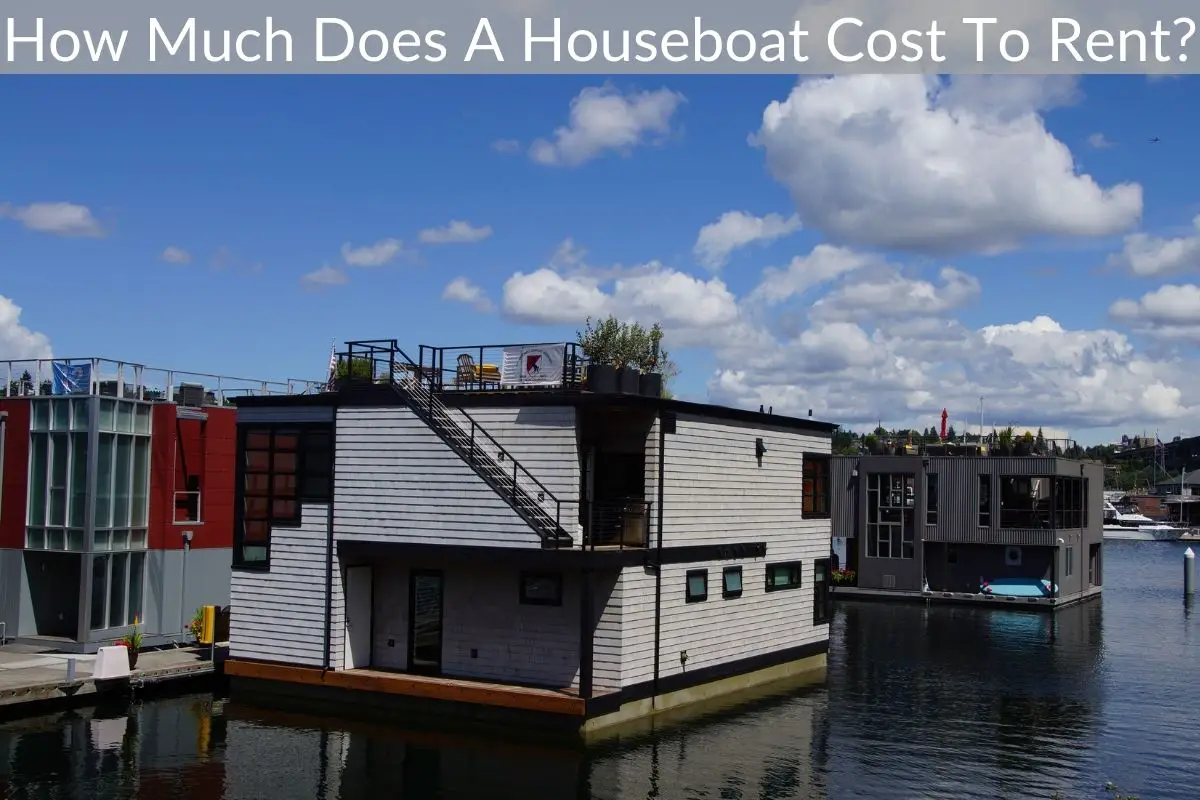If you own a boat or are planning on renting one, you have probably wondered how the sewage on a boat works and what exactly are these different types of water that you keep hearing about?
*This post may contain affiliate links. As an Amazon Associate we earn from qualifying purchases.
When I was first learning about boating I wondered the same thing. I tried to answer all of the possible sewage questions you might have about your boat in this article.
What Is Gray Water On A Boat?
Gray water on a boat is water that is dirty but is considered relatively clean when compared to black water (sewage). It is water that comes from sinks, showers, kitchen appliances, washing machines, and other similar things.
The simplest way to think of gray water is, it is water that you wouldn’t mind pouring in the backyard of your house. If you had an emergency and couldn’t put water down your drain you wouldn’t mind emptying your dish water in your yard.
You will normally have two different tanks on board any boat that waste water will go into. You will have the gray water tank and the black water tank.
These waters must be kept seperate or all of it must be treated as black water. Once your gray water comes in contact with black water it automatically is required to be handled the same as the rest of the black water.
Where Can You Dump Gray Water On A Boat?
In most areas you can put gray water directly overboard from your boat. There are some exceptions to this as some harbors and lakes forbid dumping gray water overboard but those are few and far between.
Gray water is one of the cleanest types of water from your boat and often is less harmful than water that runs off of roads and yards during hard rain.
What Is Black Water On A Boat?
Black water is water that comes directly from your toilet that you have onboard. Black water is expressly forbidden to be dumped overboard in all lakes, bays and coastal waterways and within 3 miles of shore when on the ocean. EPA Source
Essentially, black water must be stored on board your boat and then pumped out once you arrive back at the marina. Many marinas have a specific place to pump out your sewage and some even have special boats that go from slip to slip and pump out sewage without you even having to move your boat.
Where Does Houseboat Waste/Sewage Go?
Houseboat sewage goes the same place as any boat, into the black water storage tanks. Each houseboat will be equipped with special tanks that hold the sewage similar to a septic tank at many homes in rural areas.
The difference is with boat sewage storage tanks, the sewage slowly fills up and must be pumped out at some point while septic tanks in rural areas will have a leach field where the sewage slowly drains out.
How Do Houseboat Toilets Work?
The toilet on board your boat will empty into the black water storage tank. Chemicals are often put into the black water storage tank to keep it from smelling while you are on board.
There are other marine toilets including composting toilets and incinerating toilets but those are rarely used and are often quite expensive so when renting or buying a boat you will most likely have a toilet to holding tank system.
Which Houseboat Toilet Paper Should You Use?
When using a boat toilet you will want to use thin biodegradable paper. Toilet paper is what often causes toilet clogs in homes and the same is true on a boat. You will want to make sure to purchase the right toilet paper for your boat but education is also important.
Make sure that everyone on board understands that they should use as little toilet paper needed and not to flush other items down the toilet as well. The last thing you want is to have your day on the water ruined because of a clogged toilet.
Can You Dump Human Waste In The Ocean?
Surprisingly, the answer is YES! In the United States you can dump human waste into the ocean if you are a minimum of 3 nautical miles away from shore as long as you are not in a no discharge zone. Source
When a fellow boater first told me this I thought he had to be making it up so I took to the internet for an answer. Sure enough, the man was correct and you are allowed to dump your black water tanks into the ocean.
A couple of things to keep in mind, this only applies to being actually on the ocean. Boats in harbors, lakes, etc. CANNOT dump their waste overboard and it must be disposed of properly.
These rules also vary by country, so if you are planning on boating around the world you will want to check the laws in each country to keep from getting in trouble with the local officials.
Even more surprising is that commercial vessels, including cruise ships, are also allowed to dump human waste into the ocean! According to the EPA study done in 2004 (source) the average cruise ship produces 46,580 gallons of sewage PER DAY! Assuming that cruise ship operates almost every day of the year, the average cruise ship creates 17,000,000 gallons of sewage PER YEAR!
All of those 17,000,000 gallons of waste are dumped right into the ocean as well! Imagine how surprised I was to find out that little fact as well!
Now obviously talking about the sewage and septic for your boat isn’t the most pleasant of subjects but it is important to know all of the rules of the water before you head out. If you dump the wrong water in the wrong place you can get in some serious trouble with local officials and even with the EPA.
Some people on boating forums seem to think it’s ok to dump your sewage wherever you want because “everyone else does” but that is far from a good defense when you are facing steep fines for doing it yourself.
Always be sure to look up the local laws for the area you will be boating to see what is and isn’t allowed.
Pay special attention to the wording as some places will put out papers that say you “should not” do something not that you “cannot” or shall not”. The first being a suggestion with the latter two being restrictions.
If you are interested in learning more about houseboat sewage you can read another article I have written by clicking here.
As always,
Happy Boating!









